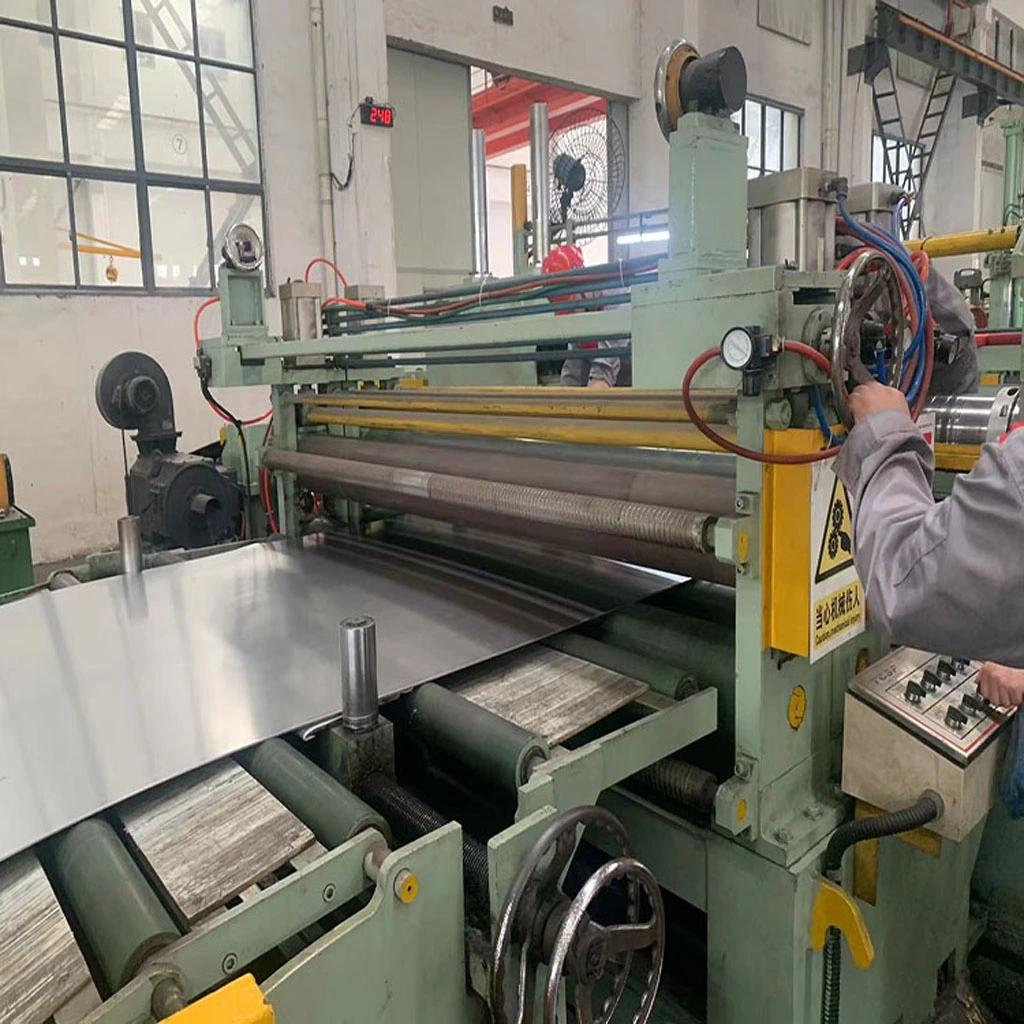What is 416 stainless steel?
2023-07-16
What is 416 stainless steel?
416 stainless steel is a widely used martensitic free-machining stainless steel that offers a unique combination of corrosion resistance, machinability, and mechanical properties. In this comprehensive article, we will delve into the various aspects of 416 stainless steel, including its chemical composition, mechanical and physical properties, as well as its key characteristics and common applications.
Chemical composition of 416 stainless steel
416 stainless steel is primarily composed of several key elements that contribute to its exceptional properties. The chemical composition includes:
Carbon (C): 0.15%
Chromium (Cr): 12-14%
Manganese (Mn): 1.25%
Phosphorus (P): 0.06%
Sulfur (S): 0.15% (minimum)
The addition of sulfur to the alloy aids in enhancing machinability, which results in the formation of manganese sulfide inclusions. These inclusions act as chip breakers during machining, leading to improved productivity and surface finish in machining processes.
What are the mechanical properties of 416 stainless steel?
The mechanical properties of 416 stainless steel make it highly suitable for a wide range of applications. The key mechanical properties include:
Tensile Strength: 689 MPa (100 ksi)
Yield Strength: 415 MPa (60 ksi)
Elongation at Break: 20%
Hardness, Brinell: 241
The combination of high tensile and yield strength makes 416 stainless steel ideal for applications requiring structural integrity and load-bearing capabilities. Moreover, its moderate elongation at break ensures it can withstand moderate forming and deformation processes.
What are the physical properties of 416 stainless steel?
Understanding the physical properties of 416 stainless steel is essential for evaluating its suitability for specific applications. The relevant physical properties include:
Density: 7.7 g/cm³
Melting Point: 1455°C (2651°F)
Electrical Resistivity: 0.60 x 10^-6 Ω.m
With its relatively high density, 416 stainless steel exhibits good weight-to-strength ratios, contributing to its effectiveness in various structural and mechanical applications. Additionally, its high melting point ensures excellent performance under elevated temperatures, making it suitable for applications in demanding environments.
What are the characteristics of 416 stainless steel?
Good Corrosion Resistance:
416 stainless steel demonstrates excellent corrosion resistance in both atmospheric and mildly acidic environments. This property is primarily attributed to its chromium content, which forms a protective oxide layer on the surface, known as the passive layer. The passive layer acts as a barrier, preventing the underlying material from reacting with the surrounding environment, thereby mitigating the risk of corrosion.
Good Machinability:
One of the most notable features of 416 stainless steel is its exceptional machinability, which is considered the highest among all stainless steels. The addition of sulfur to the alloy forms manganese sulfide inclusions, leading to improved chip formation and breakage during machining operations. This results in reduced tool wear, increased cutting speeds, and enhanced surface finish, making it a preferred choice for parts that require intricate machining processes.
High Strength and Hardness:
With its robust mechanical properties, 416 stainless steel offers high strength and hardness, making it suitable for applications that demand superior mechanical performance. The combination of these properties allows the material to withstand heavy loads, shock, and impact, thus finding applications in structural components and machine parts subjected to high stress conditions.
Magnetic Properties:
416 stainless steel is ferromagnetic, meaning it exhibits magnetic behavior. This property is particularly advantageous for certain applications where magnetic properties are essential, such as in electromagnetic applications or magnetic sensors.
Common Applications of 416 Stainless Steel
The unique combination of properties possessed by 416 stainless steel makes it suitable for a variety of industrial applications. Some of the common applications include:
Valves and Valve Parts:
416 stainless steel’s corrosion resistance and machinability make it well-suited for the manufacturing of valves and valve components. These components are critical in controlling the flow of various fluids and gases in industrial processes.
Pump Shafts:
Pump shafts require high strength and resistance to corrosion, especially in harsh environments. 416 stainless steel meets these requirements, making it an ideal material choice for manufacturing pump shafts used in chemical, oil, and water processing industries.
Automatic Screw Machine Parts:
The exceptional machinability of 416 stainless steel makes it an excellent choice for producing automatic screw machine parts, such as nuts, bolts, and other fasteners. Its ease of machining improves production efficiency and reduces manufacturing costs.
Studs and Bolts:
Studs and bolts are commonly used in structural and mechanical applications that demand high strength and durability. The combination of high tensile strength and corrosion resistance in 416 stainless steel ensures reliable performance in these applications.
